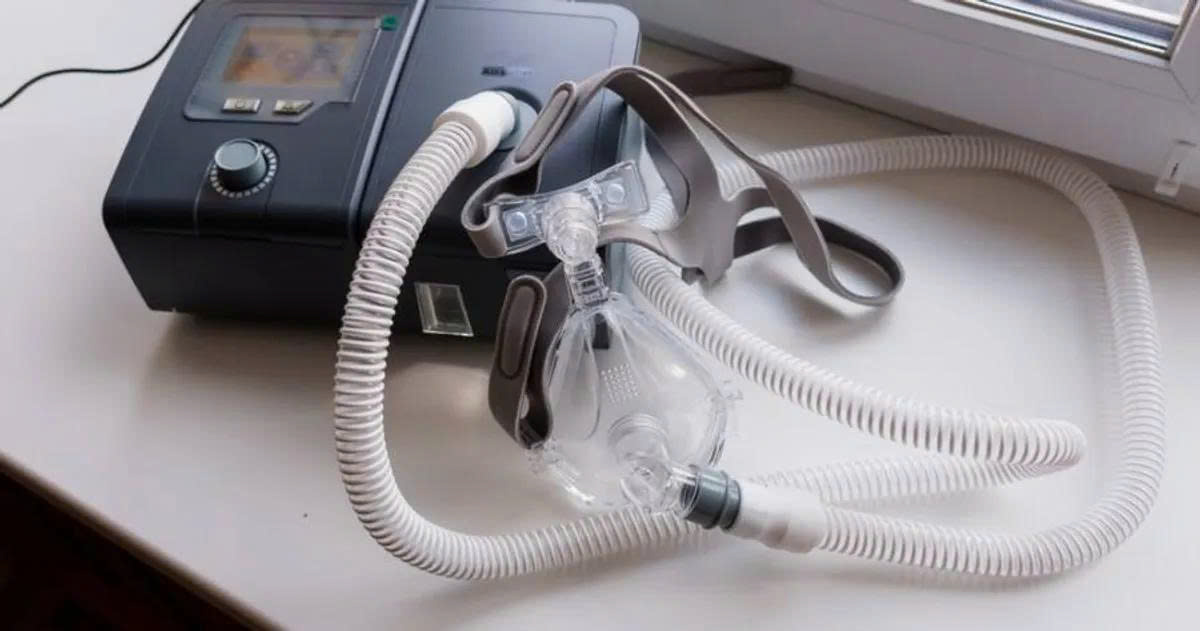The Role of Clinical Trials in Advancing Sleep Apnea Treatments
Sleep apnea, a condition characterized by repetitive interruptions in breathing during sleep, has significant health implications if left untreated. These interruptions can lead to conditions such as obesity, diabetes, and cardiovascular diseases linked to apnea. Notably, the disorder remains often undiagnosed, highlighting an urgent need for effective treatments and interventions due to undiagnosed cases. Fortunately, clinical trials are at the forefront of pioneering advancements in the understanding and treatment of sleep apnea.
Innovative Treatments Explored Through Clinical Trials
Clinical trials play an instrumental role in exploring innovative treatments for sleep apnea. These trials evaluate the safety and efficacy of new interventions, promoting advancements in medical knowledge and improving patient outcomes through research. The Apnimed clinical development program, for example, is dedicated to transforming the management of sleep-related disorders by developing oral alternatives to traditional treatments like CPAP.
Current Breakthroughs in Clinical Trials
Several ongoing clinical trials have shown promising results in tackling sleep apnea. Apnimed’s AD109 is being studied in Phase 3 trials, with early findings indicating a reduction in symptoms and improved daytime fatigue from clinical insights. Other trials explore repurposed drugs like the epilepsy drug sulthiame, which has shown reductions in apnea-hypopnea index (AHI) levels, a critical factor in managing the condition.
Challenges and Ethical Considerations in Trials
While clinical trials offer hope for new treatments, they come with their own set of challenges. Ensuring participant diversity and overcoming enrollment difficulties are crucial for the success of these trials in resolving challenges. Furthermore, ethical considerations, such as prioritizing patient safety and informed consent, remain essential for establishing credibility and maintaining participant trust.
Advancements in Personalized Treatment Approaches
As research progresses, personalized treatments are becoming more prevalent in the management of sleep apnea. By studying patient responses to various interventions, clinical trials are paving the way for personalized medicine, allowing treatments to be tailored to individual patient characteristics with personalized approaches. Innovations such as wearable devices and AI solutions are predicted to further enhance the diagnosis and treatment landscape.
Future Directions and Potential Therapies
The future of sleep apnea treatment lies in the development of new therapies and technologies. As research continues, the focus is shifting towards understanding comorbidities such as the links between sleep apnea and the gut microbiome. This knowledge could lead to the development of targeted therapies that address both the condition and its underlying causes for future treatments.
Why You Should Learn More About Sleep Apnea Today
With clinical trials continually shaping the future of sleep apnea treatment, staying informed about these advancements is vital. Participants in clinical trials not only gain access to potentially groundbreaking therapies but also play a significant role in advancing the frontier of medical research by participating in trials. As new therapies emerge, both patients and healthcare providers will have a broader array of treatment options, ultimately enhancing the quality of life for many individuals affected by sleep apnea.

